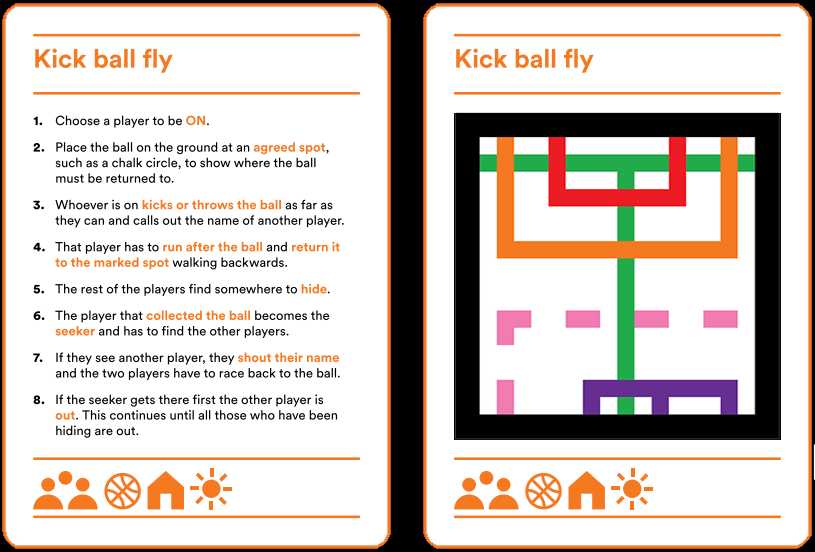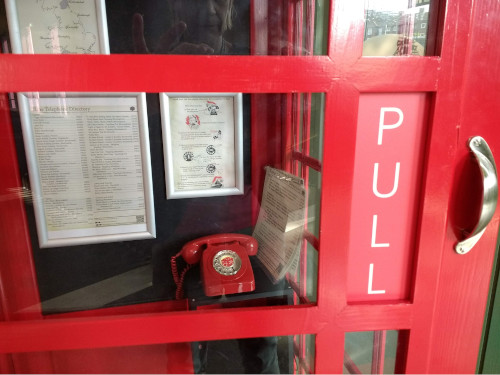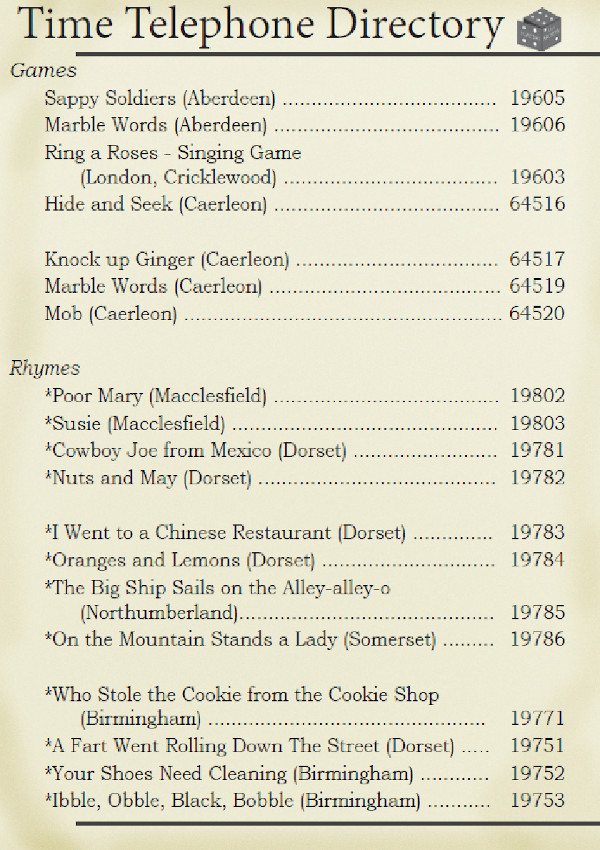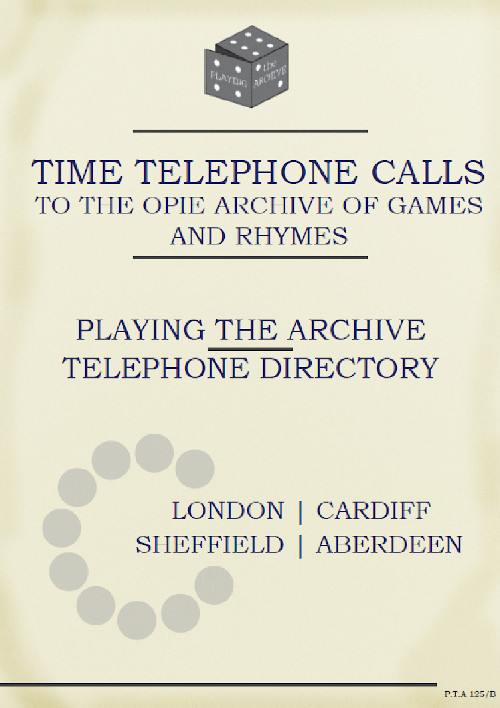| Childhoods and Play Playing the Archive The Opie Archive Changing Play Children's Playground Games and Songs in the New Media Age |
Playing the Archive
Playing the Archive: Community, Memory and Mixed Reality Play (2017-2019) explored memories and practices of play by bringing together archives, spaces and technologies of play. It involved research and cultural production with people of different generations and cultures. Funded by the EPSRC Content Creation and Consumption in the Digital Economy, it was a collaboration between the University of Sheffield, University College London, the Centre for Advanced Spatial Analysis at University College London, the Bodleian Libraries, University of Oxford, V&A Museum of Childhood, Site Gallery, Sheffield, and the Digital Humanities Institute, University of Sheffield.
 Three challenges underlay the project:
Three challenges underlay the project: 1) the ephemerality of earlier play practices and more recent changes in play, especially in the digital realm,
1) the ephemerality of earlier play practices and more recent changes in play, especially in the digital realm,2) the tendency for adults to fragment children’s playworlds, separating out their digital play from their physical play, although these worlds remain connected in children’s imagination and practice,
3) the increasing constraints on young people’s play in urban environments, such as the loss of the street as playspace, reduction in social provision, and tightening of adult control in response to fears about risk and personal safety.
The project addressed these challenges in the following ways
1) through the digitisation, cataloguing and indexing the children’s contributions to the Iona and Peter Opie Archive and making them available for study and enjoyment; and through young people help to design playful interfaces which engage people of all ages with the archive. These were made available to visitors at the Site Gallery, Sheffield, and the V&A Museum of Childhood, London.
2) through studying memories and practices of play, past and present, including interviews with Opie contributors and others of the same generation, and through filming and interviewing children and young people at schools which contributed to the original studies or in the same location. The young people contributed to the research, interviewing each other and the older participants, and filming their own play using digital technologies, such as Go Pro cameras. This work provided insights into what play is, why some games are perpetuated and others are ephemeral, how young people’s culture is transmitted within and between generations, and how digital play, such as videogames, has added to today’s play repertoires.
3) through the creation of play spaces with mixed reality elements, which link the physical environment to the digitised memories of play in the Opie Archive. These included a Time Telephone installation and augmented reality collectible cards.


The Time Telephone uses everyday interfaces, enhanced with digital computing technologies, to communicate and preserve cultural memories of play and games. Dialling numbers on the phone calls up young people’s contributions sent to the Opies in the 1950s and 1960s. These written contributions have been brought to life by young people today from London, Sheffield, Cardiff and Aberdeen. People of different ages experience the telephone in different ways. Older generations are transported to a common activity of the past, the use of the rotary phone, that will likely trigger childhood memories; younger generations will discover games and rhymes of the past by playing with an unknown interface, nowadays replaced by smartphones.


Project Team
University College London
Andrew Burn (Principal Investigator)
Andy Hudson-Smith (Co-Investigator)
John Potter (Co-Investigator)
Katharine Cowan (Research Associate)
Valerio Signorelli (Research Associate)
Duncan Hay (Research Associate)
University of Sheffield
Helen Woolley (Co-Investigator)
Jackie Marsh (Co-Investigator)
Julia Bishop (Researcher Co-Investigator)
Alison Somerset-Ward (Cataloguer and consultant)
Catherine Bannister (Cataloguer)
Consultants
Stephanie Sutton
Steve Roud
Susan Thomas, Bodleian Libraries, University of Oxford
Project Manager
Amy Brickhill, University College London